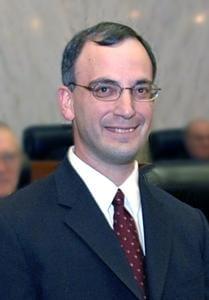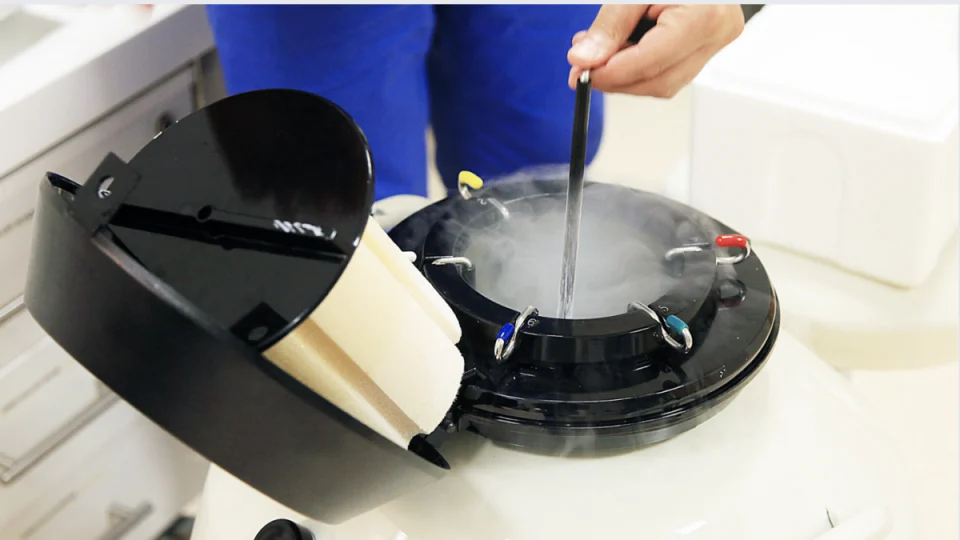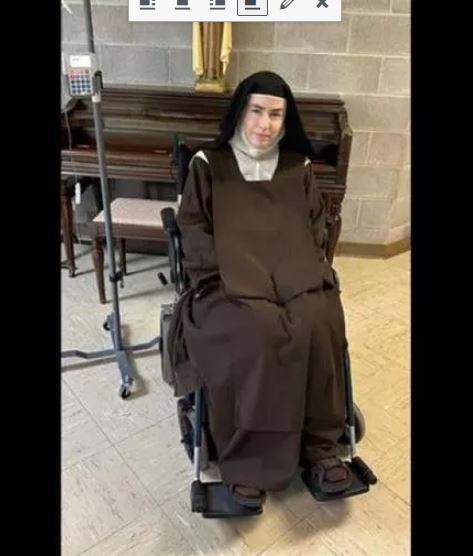My friend and legal eagle Tom Zampino alerted me to this bit of news: President Trump this week nominated a deacon from the Diocese of Rockville Centre, Judge Joseph Bianco to be United States Circuit Judge for the Second Circuit.
I’ve posted on Deacon Bianco in the past:
I had the good fortune to meet him [in 2017] when I gave a talk at his parish, St. Peter of Alcantara in Port Washington, New York.
Deacon Bianco spoke about his faith — and his twin vocations in the law and the diaconate — several years ago.
“I’ve probably issued over 1,000 decisions, and I can’t think of a time where being Catholic came into play. I’m a judge, I have to think of what the law is.”
Bianco later said that he feels that being a Catholic comes more into play when it comes time for sentencing, “There are cases with mandatory minimums where I would probably sentence less. I do think my Catholic faith plays a role in how I’m sentencing.”
I’m not sure how many other deacons are serving as judges on the appellate court, but I imagine the number is very small.
Wikipedia has more on his biography:
Bianco was born in Flushing, New York. He received a Bachelor of Arts degree from Georgetown University in 1988, and a Juris Doctor from Columbia Law School in 1991. He was a law clerk to Peter K. Leisure at the United States District Court for the Southern District of New York from 1992 to 1993. He then became an associate at Simpson, Thacher & Bartlett, where he worked for one year.
From 1994 to 2003, Bianco served as an Assistant United States Attorney for the Southern District of New York. From 2003–2004, he was counsel at Debevoise & Plimpton. Before becoming a judge, Bianco was senior counsel and a Deputy Assistant Attorney General of the United States Department of Justice Criminal Division.
Bianco taught as an adjunct professor at Fordham University School of Law from 2002 to 2004. From 2009 to 2013, he was an adjunct at the Maurice A. Deane School of Law. He was an adjunct professor of law at Touro Law Center from 2007–2014. He has taught as an adjunct at the St. John’s University School of Law since 2006.
He earned a Master of Arts from the Seminary of the Immaculate Conception in 2013, and is an ordained Roman Catholic deacon.
Kudos and congrats, brother!
UPDATE: At least one reader was surprised to see that a deacon could be allowed to serve as a judge. Isn’t that prohibited?
Actually, no.
Canon law states:
Can. 285
§1. Clerics are to refrain completely from all those things which are unbecoming to their state, according to the prescripts of particular law.
2. Clerics are to avoid those things which, although not unbecoming, are nevertheless foreign to the clerical state.
3. Clerics are forbidden to assume public offices which entail a participation in the exercise of civil power.
4. Without the permission of their ordinary, they are not to take on the management of goods belonging to lay persons or secular offices which entail an obligation of rendering accounts. They are prohibited from giving surety even with their own goods without consultation with their proper ordinary. They also are to refrain from signing promissory notes, namely, those through which they assume an obligation to make payment on demand.
Can. 286 Clerics are prohibited from conducting business or trade personally or through others, for their own advantage or that of others, except with the permission of legitimate ecclesiastical authority.
Can. 287 §1. Most especially, clerics are always to foster the peace and harmony based on justice which are to be observed among people.
2. They are not to have anactive part in political parties and in governing labor unions unless, in the judgment of competent ecclesiastical authority, the protection of the rights of the Church or the promotion of the common good requires it.
However:
Can. 288 The prescripts of cann. ⇒ 284, ⇒ 285, §§3 and 4, ⇒ 286, and ⇒ 287, §2 do not bind permanent deacons unless particular law establishes otherwise.







